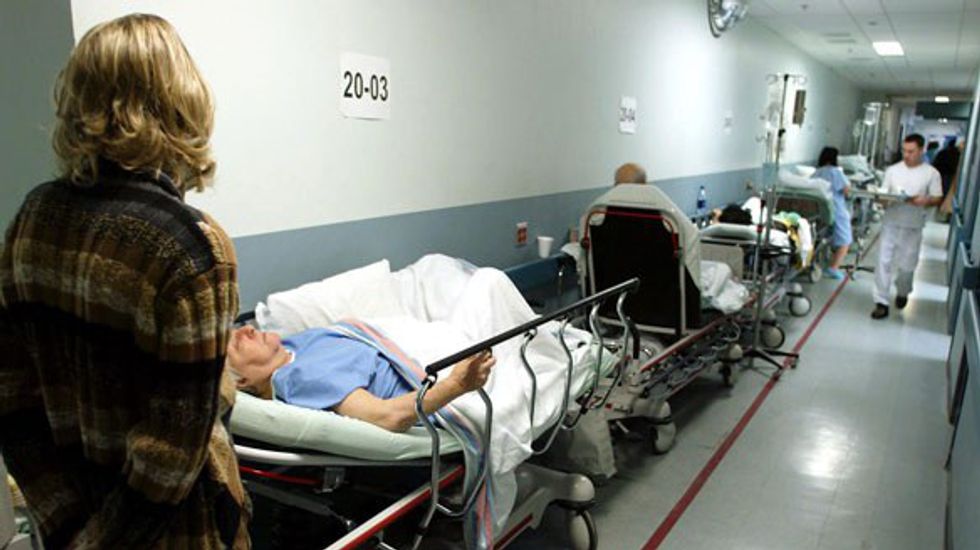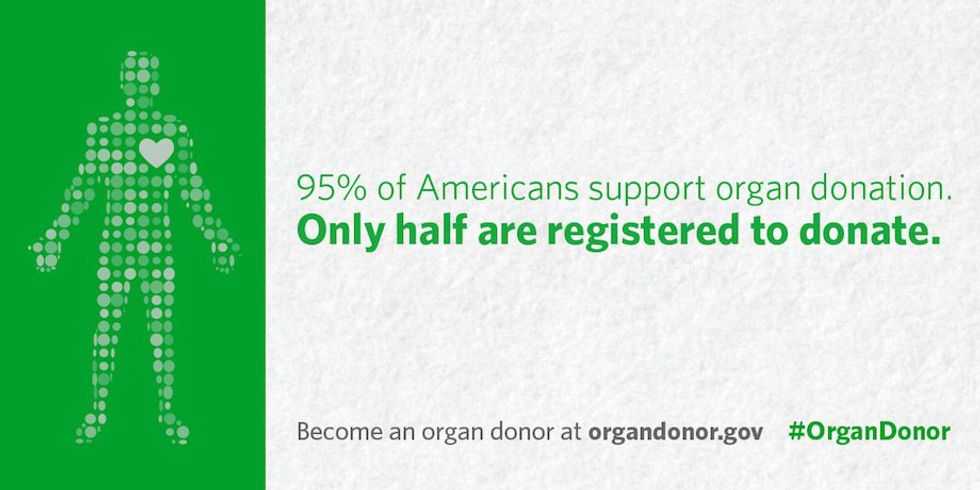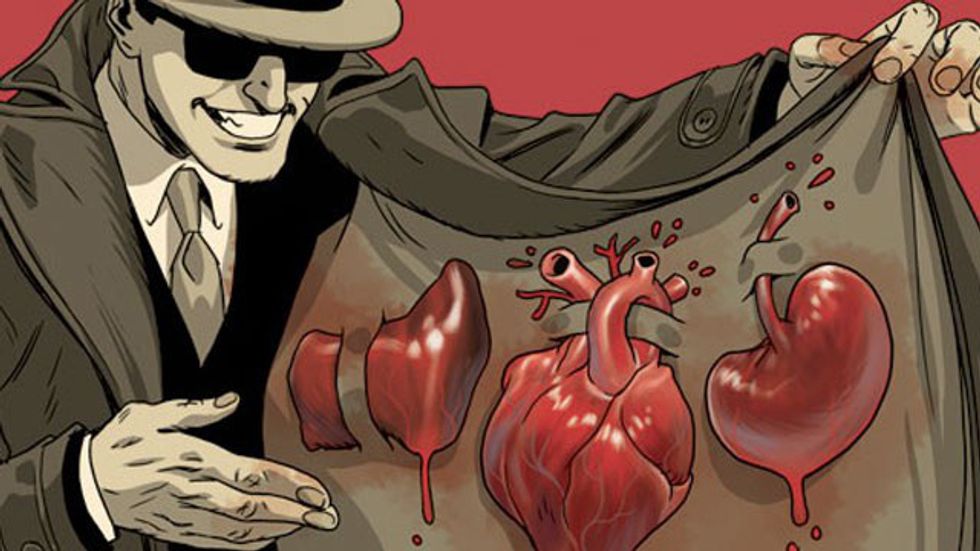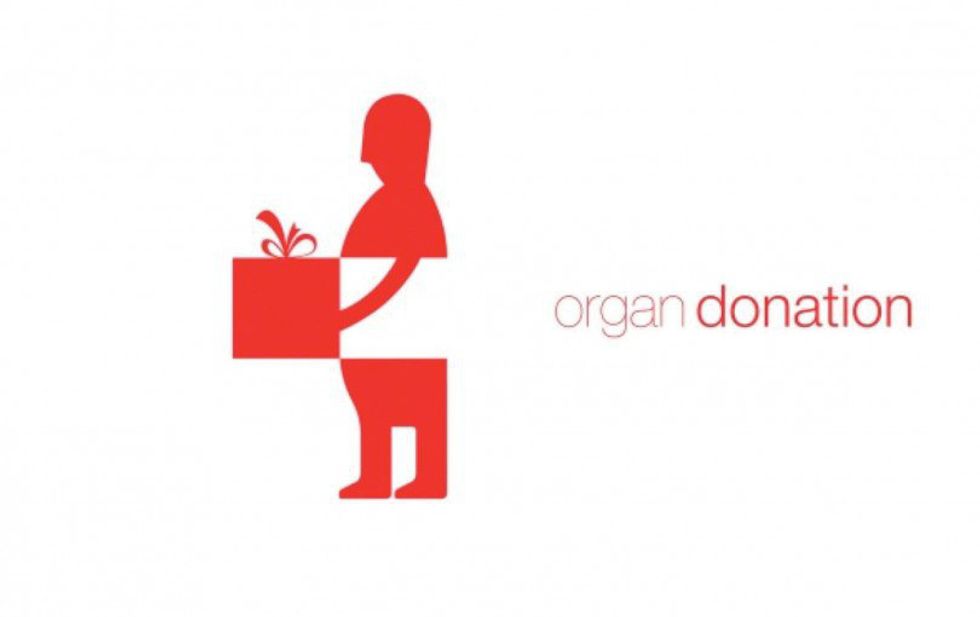Right now there are over 123,000 people in the U.S. on the waiting lists for a vital organ. This means that without an organ transplant the person would die. But the waiting list is not cut and dry; there are many variables that push a possible recipient up or down the list and sometimes skipped all together.
The variables that need to be met are few but important:
- There must be either a live donation or a post-death donation of a healthy organ.
- The organ must then be a match to the recipient either through blood or tissue typing, depending on the particular organ.
- Then the medical urgency of the need is evaluated. (So if you have been on the list for a year and match the organ, someone who also matches but has only been on the list for a week can be pushed ahead of you and receive that organ if they are deteriorating at a faster rate than you. But that means another match may not come in time to save your life.)
- The geographic location of the organ donation relative to the geographic location of the possible recipient.
- And finally, the length of time on the waiting list.
Currently, about 21 people die every day waiting for an organ transplant. Why is this?
Well, one of the reasons is that there is no assumption of a person’s willingness to donate their organs after death. Unless it is clearly printed on a person’s driver’s license that they are an organ donor (you can sign up to be a donor through your local DMV or your local organ procurement organization) your family must sign a consent form for your organs to be donated. Of course, this isn’t all that logical if the family isn’t present at the time of death because it takes time to locate them, and by then it may be too late to harvest the organs. But there is a way to solve this issue: A presumed consent system.
This means that instead of there being a decal on your license stating that you consent to donate your organs after death, there would instead be a decal if you decide that you do not want your organs donated after death. It’s simply the difference between an opt-in system and an opt-out system. Like having a DNR (Do Not Resuscitate order through your doctor), paramedics are going to try to save your life unless you have signed a form asking them to let you die. With a presumed consent system there are more healthy organs available to those in need immediately instead of organs that could save lives withering away to uselessness while awaiting consent from a family member whom may not be found in time.
This type of presumed consent system is in effect in 24 countries in the EU and has had much success, as all major religions see organ donation as the deceased person’s final act of love and generosity towards others. There is no reason to believe that it would not also be successful in the U.S.
Another way that these nonsensical deaths can be decreased or avoided all together is through live organ sales. Yes, it is a controversial thought, but enough is enough people.
Right now Public Law 98-507 makes it illegal to sell human organs and tissues in the U.S. One of the reasons that Congress made this law is so that the wealthy do not have an unfair advantage for obtaining donated organs and tissues. But there’s a problem with that; the recipient still must pay for all of the medical costs associated with the transplant. But tell me, after the costs that the recipient has already been faced with by just trying to survive the bad organ they have been dealt how can they then afford to cover the costs or the transplant and medication costs? The answer is that, in America, they can’t. So the wealthy still have the advantage of being able to afford the surgery and associated costs while the poor do not either way.
Then there is the black market organ trade that takes far more lives than it saves. “According to the World Health Organization, the illegal trade in kidneys has risen to such a level that an estimated 10,000 black market operations involving purchased human organs now take place annually.” It sounds like all this law does is announce that we can all die waiting for help that may never come and promotes desperate people to seek help through nefarious methods. It’s disheartening and horrible and it has to change.
So what can be done? Allow the sale of live organs, but require pre-surgery interviews and declare that payments must be paid directly to the donor to help avoid forced or coerced donations. We are able to sell our plasma so why not bone marrow, umbilical cord blood, or a kidney?
Would this give an unfair advantage to the wealthy? Yes. But it would also promote donations if the donor were paid. While recipients are asked to pay for the costs related to donation now that doesn’t make up for the income loss that the donor faces when she or he cannot work during recovery from the surgery; payment would cover these costs. I bet charitable organizations would crop up to collect funds to pay for organ donations as well. So not only would there be more donors but more people receiving life-saving organs more often.
Now think about this. Presumed consent paired with legal organ sales. This would undoubtedly save most, if not all, those people who die while waiting for a healthy organ.
This isn’t prostitution people, (which, by the way, should be legal as well. It’s your body, do as you please.) this is charity. This is a way to save lives that is being barricaded by Congress once again trying to dictate a person’s body and what they do with it.
For more information on organ donation and everything associated with it check out OrganDonor.gov’s FAQ page.














































